The Whistleblower Project
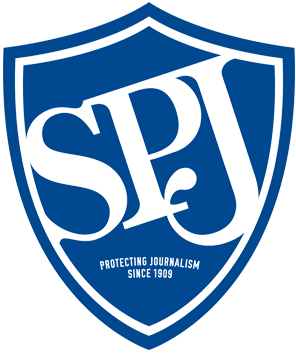
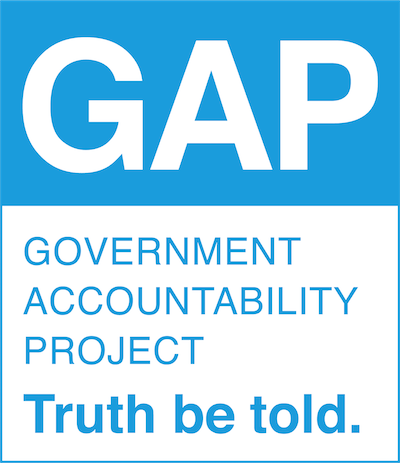
– Introduction
– A Call to Action: Whistleblower Protection Legislation
If passed, these laws would help improve protection for whistleblowers.
Whistleblower Basics
– The Law and Whistleblowing
Deciphering the laws dealing with whistleblowing is complicated, but we hope this will help.
– Whistleblowers and Retaliation
Those who expose wrongdoing can face job loss, lawsuits or even prison.
– Leaking vs. Whistleblowing
Can you spot the difference between a leaker and a whistleblower? It may be trickier than you think.
– Nine Organizations That Work With and Help Whistleblowers
Best Practices for Journalists
– Source Protection and Anonymity for Whistleblowers
In political journalism, there’s a debate over allowing sources to talk to you off the record, in order to keep the access pipeline flowing. Anonymity and the ethics of it can also be complicated in situations beyond scoring political points.
– Whistleblowers and Reporters: Trust
Here are some best practices to follow when working with a whistleblower on a story.
– Technology Can Help Whistleblowers Communicate Anonymously
The ways that reporters and whistleblowers communicate is evolving. The introduction of secure communications has become necessary as journalists try to protect their sources, all the while trying to guarantee the information is secure.
– Anonymity: Not Always the Possible, Nor Always the Best, Strategy
Many whistleblowers want to disclose information about trouble in their workplaces while maintaining their anonymity. However, the vast majority of whistleblowers — more than 95 percent — try to solve their problems internally first.
– When Working with Whistleblowers, Same Ethical Journalism Principles Apply
Government Accountability Project’s “Working with Whistleblowers: A Guide for Journalists” details best practices for working with whistleblowers.
Voices
– Kathryn Foxhall: Good whistleblowing simply needs free speech
During the last 25 years it’s become an accepted norm for government, business, nonprofits and other organizations to prohibit employees to ever communicate with journalists without notifying and being overseen by the authorities, often public information officers. The restrictions are intense, highly effective censorship. The Society of Professional Journalists has made opposing them a priority.
– Jesselyn Radack: Challenges in Defending National Security Whistleblowers
War crimes, mass surveillance, torture: some of the biggest stories in modern history relied on whistleblowers in national security and intelligence agencies. They came forward at great risk to expose the truth.
– Nick Schwellenbach: The Modern Politics of American Whistleblowing
Insiders Valued More Highly in U.S. Society, But Still Face Perils.
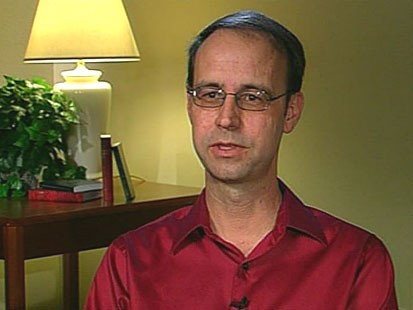 Ken Kendrick left his job at Peanut Corporation of America’s (PCA) Plainview, Texas, plant in 2006 after his numerous reports of safety and health violations were ignored by both ownership and the Texas Department of Health. When his granddaughter grew ill in late 2008 as a result of a major salmonella outbreak, which had already killed at least nine people and sickened hundreds more, Kendrick gave an exclusive to Good Morning America.
Get the full details of Ken's story, along with 24 other times whistleblowers changed history.
Ken Kendrick left his job at Peanut Corporation of America’s (PCA) Plainview, Texas, plant in 2006 after his numerous reports of safety and health violations were ignored by both ownership and the Texas Department of Health. When his granddaughter grew ill in late 2008 as a result of a major salmonella outbreak, which had already killed at least nine people and sickened hundreds more, Kendrick gave an exclusive to Good Morning America.
Get the full details of Ken's story, along with 24 other times whistleblowers changed history.
Features
– Mary Willingham: An Attempt To Make The College Athletic System Better For Athletes
Mary Willingham talks about why she spoke out about the treatment of college athletes at North Carolina and why — despite death threats from college sports enthusiasts — she would do it again.
– Megan Wood: Reporting with Purpose
Megan Wood talks about why she looked into San Diego Christian College’s missing $20 million in expenses and how whistleblowers make a difference in their communities.
– Richard Bowen: Blowing the Whistle on Defective Mortgages
While evaluating $90 billion of mortgages Citigroup was buying from Countrywide and other lenders, former Citigroup vice president Richard Bowen tried to warn company leaders and board members about the rise in defective mortgages. In 2010 he testified before the Financial Crisis Inquiry Commission. Here, in Bowen’s words, is what happened next.
– Craig Watts: Typical American Farmer Risks Career to Reveal Inhumane Conditions at Chicken Farms
Craig Watts was a typical American farmer with three kids, two dogs, and a barn full of chickens. That all changed though when he decided to show the public the conditions chickens, sold by Perdue farms, were being raised in.
Credits
Meet the Project Team
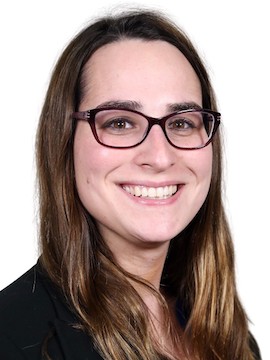 Danielle McLean
Danielle McLeanDanielle McLean is the chairperson of SPJ’s Freedom of Information Committee and an investigative reporter for ThinkProgress. She is a past president of SPJ’s New England Chapter and the winner of the Maine Press Association’s political reporting award, and the New England Newspaper and Press Association’s government, transportation, business and economic, and courts and crime reporting awards.
 Dana Gold
Dana GoldDana Gold is an attorney and currently serves as the Government Accountability Project’s director of education. Having represented whistleblowers for many years, she now leads public education initiatives and partners with diverse stakeholders to foster awareness of the essential role whistleblowers play in promoting government and corporate accountability.
 Lynn Walsh
Lynn WalshLynn Walsh, immediate past president of SPJ, is a freelance journalist, creating content focused on government accountability, public access to information and freedom of expression issues. She’s also helping to rebuild trust between newsrooms and the public through the Trusting News Project. Follow her on Twitter or send her an email to collaborate on a possible project.
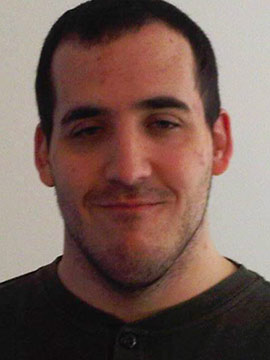 Alex Veeneman
Alex VeenemanAlex Veeneman is a member of SPJ's Ethics and Freedom of Information Committees, and contributes to the SPJ Blogs Network. He is a freelance journalist in Minneapolis and a contributing editor to Kettle Magazine, an online publication in the United Kingdom. You can interact with him on Twitter @alex_veeneman.
 Don Meyers
Don MeyersDonald W. Meyers, a reporter and multimedia journalist at the Yakima (Wash.) Herald-Republic, is a member of SPJ’s Freedom of Information Committee and currently serves as the Region 10 director for SPJ.
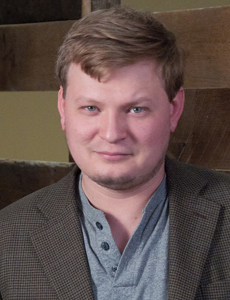 Nick Schwellenbach
Nick SchwellenbachNick Schwellenbach is the director of investigations for the Project On Government Oversight (POGO). He has extensive experience working on whistleblower matters as a journalist and advocate. He previously worked at the United States Office of Special Counsel, the main federal agency responsible for protecting federal whistleblowers.
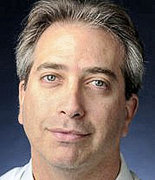 Roy Gutterman
Roy GuttermanRoy S. Gutterman is an associate professor of communications law and journalism and director of the Tully Center for Free Speech at the Newhouse School at Syracuse University. A former newspaper reporter and lawyer, he sits on the SPJ Freedom of Information Committee and the Government Accountability Project's Academic Committee.
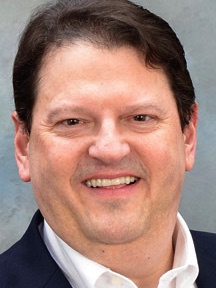 Paul Fletcher
Paul FletcherPaul Fletcher served as SPJ’s national president in 2015-16. He is a member of the SPJ Ethics and Freedom of Information committees, and a member of the Sigma Delta Chi Foundation board. Professionally, he has been with Virginia Lawyers Weekly since 1988, serving as publisher and editor-in-chief. He has won numerous national and state journalism awards, including honors for editorial, column and feature writing.
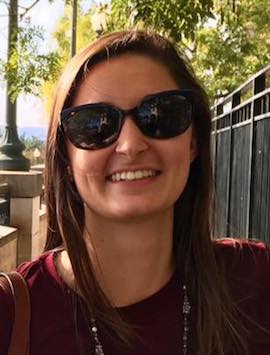 Katie Miller
Katie MillerKatie Miller serves as a communications officer for the Government Accountability Project. She develops and implements messaging and strategic communication plans that support the organization’s media and online presence, and specializes in projects related to Government Accountability Project’s Climate Science and Policy Watch program.
 Luke Drabyn
Luke DrabynLuke Drabyn serves as Government Accountability Project’s communications officer, where he assists with running the organization’s presence in the media, online, and with supporters by developing and implementing messaging for GAP and its affiliated campaigns. He is a 2015 graduate of Bowdoin College and a current master’s student at Georgetown University’s School of Foreign Service, where he specializes in security studies.
 Robert Dealey
Robert DealeyRobert Dealey is a strategic communications associate at the Government Accountability Project. His work serves GAP’s larger mission of supporting whistleblowers by coordinating educational and public awareness campaigns and partnerships.
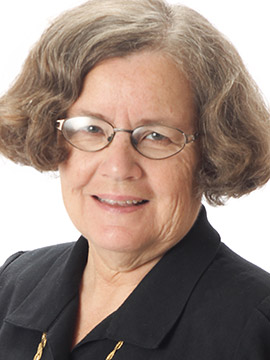 Kathryn Foxhall
Kathryn FoxhallKathryn Foxhall has reported in Washington, mostly on health matters, for over 40 years. She was awarded the SPJ Sunshine Award for opposing restrictions, such as mandates, that require reporters to notify authorities, including as public information officers, in order to communicate with people.
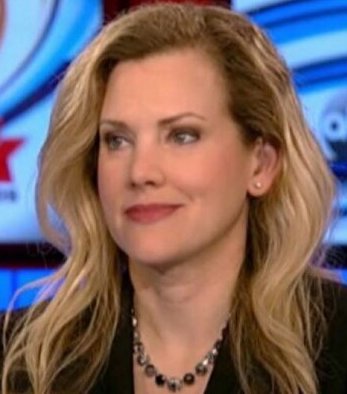 Jesselyn Radack
Jesselyn RadackJesselyn Radack heads the Whistleblower and Source Protection Program (WHISPeR) at ExposeFacts. Her work focuses on the issues of secrecy, surveillance, torture and drones. She has been at the forefront of challenging the government’s escalating attack on whistleblowers, journalists, hacktivists and those who reveal information that the public has a right to know, but the government wants kept secret.
 David Cuillier
David CuillierDavid Cuillier, Ph.D., is director of the University of Arizona School of Journalism, a former newspaper journalist, and former president and freedom of information chair for the Society of Professional Journalists. He is co-author with Charles N. Davis of "The Art of Access: Strategies for Acquiring Public Records.”
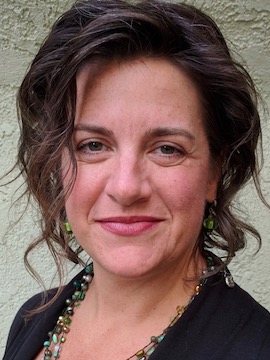 Hilary Niles
Hilary NilesHilary Niles is an independent data journalism consultant, freelance investigative and multimedia reporter, and researcher specializing in press freedom and public access to government information.
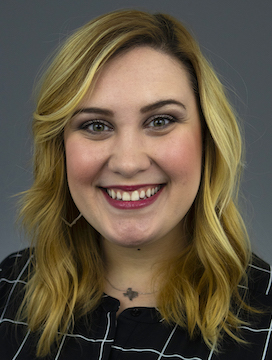 Anna Gutierrez
Anna GutierrezAnna Gutierrez is the communications coordinator for the Society of Professional Journalists, where she works on a variety of communications: writing and designing the weekly newsletter, writing press releases and managing and generating content for SPJ’s social media channels. She graduated from the University of Texas at Arlington, where she was editor in chief for the student-run, award-winning multi-platform news agency, The Shorthorn. Connect with her on Twitter.
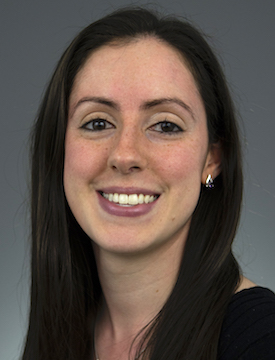 Marina Cinami
Marina CinamiMarina Cinami is the communications coordinator for ACES: The Society for Editing, and edits HQ communications for the Society of Professional Journalists. She manages ACES’ social media, monthly e-newsletters, and posting new member content to the website. She earned her degree in journalism and political science from the University of Connecticut, where she was a news anchor and reporter for UCTV. She has previously worked in higher education and local radio news, and volunteered for several years at P.A.W.S.
 Billy O’Keefe
Billy O’KeefeBilly O’Keefe has served as SPJ’s web developer since 2006, where he oversees SPJ.org, the Excellence in Journalism website and various special projects. He moonlights as a freelance illustrator, copy writer and web designer when time allows, is the author and illustrator of two books, and previously used his journalism degree from Columbia College Chicago to review thousands of games and movies for McClatchy-Tribune's newswire between 2001 and 2013 while also writing and illustrating a twice-weekly comic strip for its campus wire service. Prior to joining SPJ, he served as a reporter, copy editor and print page designer at the Tribune Company from 2000 to 2006, and is best remembered for being laid off from one department and hired a week later by another without having to change desks.
 About the Government Accountability Project
About the Government Accountability Project
The Government Accountability Project (GAP) is the nation’s leading whistleblower protection and advocacy organization. Founded in 1977, GAP helps whistleblowers hold government and corporate institutions accountable by presenting their verified concerns to public officials, advocacy groups and journalists, and seeking redress for them when they suffer reprisal. In addition, GAP has drafted and spearheaded the campaigns to pass, or helped defend, all the federal whistleblower protection laws that exist today, and have established best practice standards for domestic and international whistleblower policies. GAP’s long-standing work with whistleblowers has involved fighting for accountability in the areas of public health, food safety, national security, human rights, energy and the environment, finance and banking, and international institutions.
 About the Society of Professional Journalists
About the Society of Professional Journalists
The Society of Professional Journalists (SPJ) is the nation’s most broad-based journalism organization, dedicated to encouraging the free practice of journalism and stimulating high standards of ethical behavior. Founded in 1909 as Sigma Delta Chi, SPJ promotes the free flow of information vital to a well-informed citizenry through the daily work of its nearly 7,500 members; works to inspire and educate current and future journalists through professional development; and protects First Amendment guarantees of freedom of speech and press through its advocacy efforts.